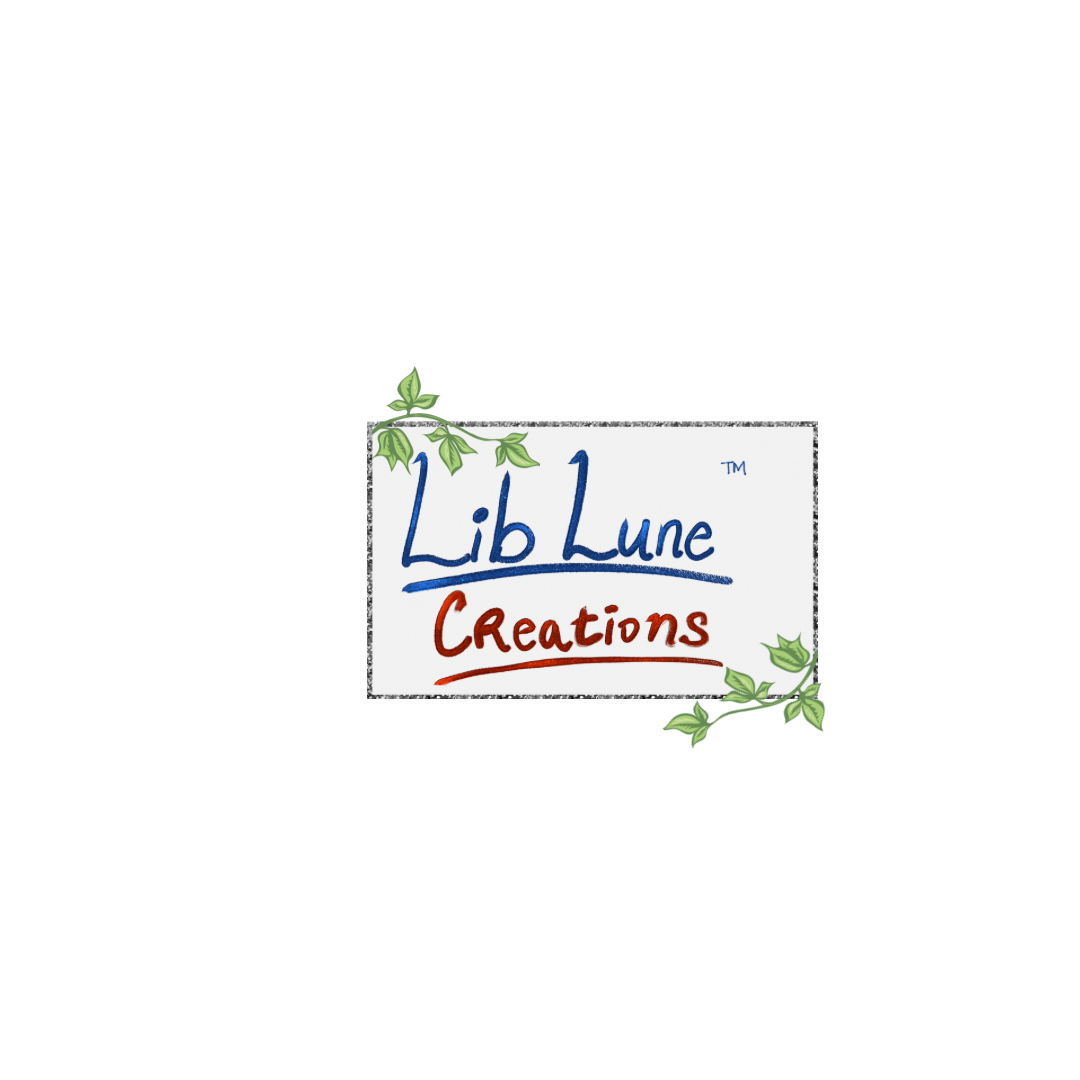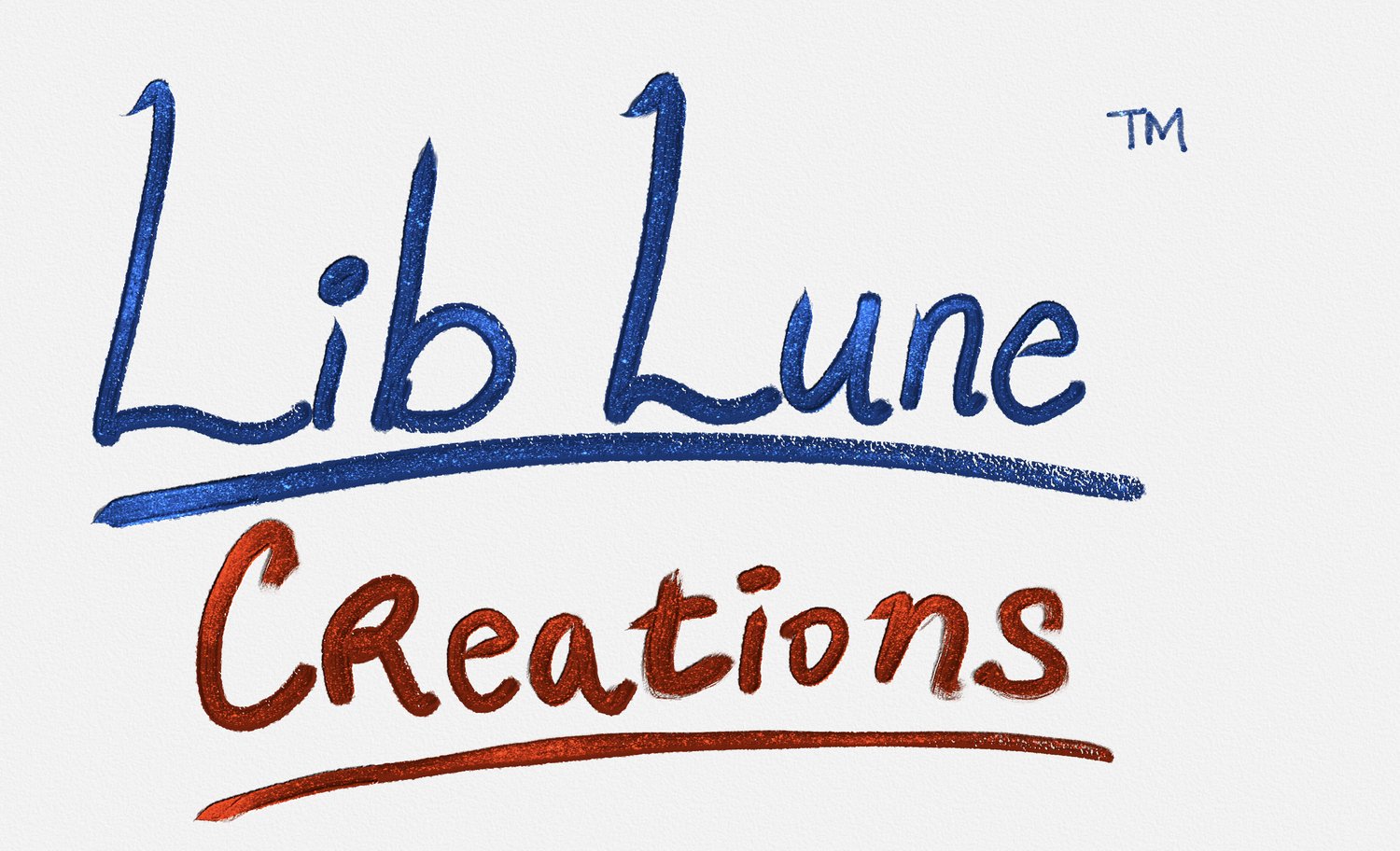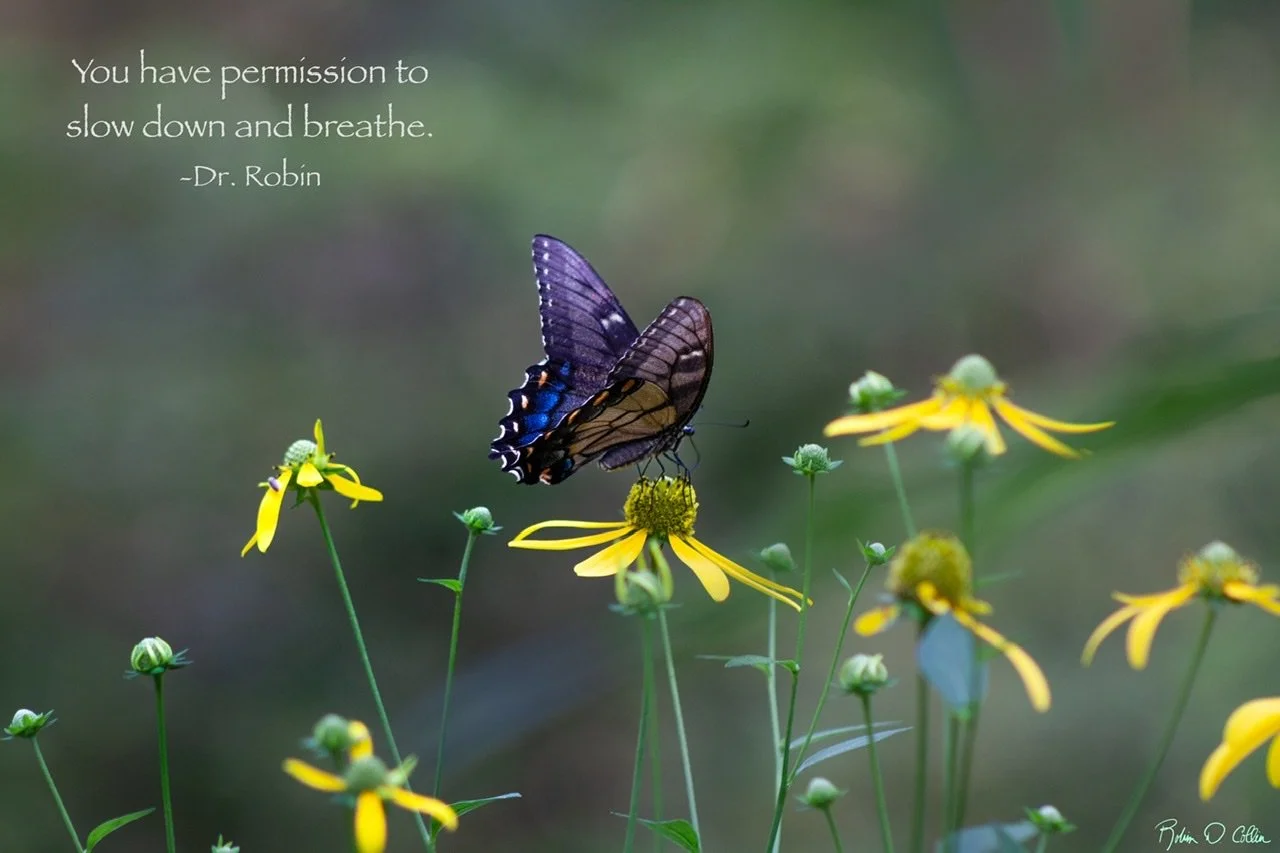Rethinking “Thanksgiving”
As I am a student of human history in my personal life, I strive to honor the indigenous people of the world (including my own ancestors) who have heavily shaped our lives today. Therefore, I would like to encourage us to not wash down the underlying history of “Thanksgiving”. As we each celebrate the day in our own family tradition, I encourage us to also pay respects to Mother Earth as is custom on this day for many Native American folks, consider learning about your respective local indigenous tribes, and observing the National Day of Mourning which is November 24.
As many of us know, the “First Thanksgiving” in America was not actually a joyous event of Indians and Pilgrims celebrating harvest. This was a story created by Abraham Lincoln and his staff to help bring the US together in the period of the Civil War. The actual event is a politically and socially fascinating situation involving a treaty of mutual protection between the Wampanoag tribes (and other Eastern Native tribes) and the Puritan English settlers (mostly women and children) of 1620. The Wampanoag, as was their custom with other tribes, provided their knowledge, protection, and generosity to help the English live in a world new to them and attempted to build political peace with them. This is in the context of having already encountered hostile English traders years prior who brought plagues of illness and enslaved and sold off a number of Wampanoag people. Unfortunately, these new English settlers (like their predecessors) grew more aggressive and possessive and violated their agreements to eventually commit massacres and engage in wars with the same peoples who offered them grace and political alliance. This behavior, from my readings, was seen throughout the land where the English/ European colonialists were and evolved into the Indian Wars.
I’ll end this tidbit by saying that in no way were the Wampanoag eradicated nor many of the Native tribes of Turtle Island, to be honest. That extinction story is too a myth. The English could not survive without the Indigenous people of Turtle Island and when they became hostile and untrustworthy, many tribes fought back ferociously. Their heritage, culture, spiritual practices, and traditions are alive in their generations today. That is why we cannot be complicit in clumping Native Americans as one disappearing entity. We collectively shouldn’t be complicit in the same erasure when they live with us and next to us. We, in America, must build communities that honor our respective histories with and on this land. I recently heard, in regards to Native American peoples, that the most pesky and defiant way of showing triumph over and resistance to post-colonial America is to merely exist as a descendant of people who said no to their erasure and genocide. As a descendant of enslaved indigenous people from West Africa and the land of Ayiti, I vibe with that. I stand in solidarity with Native Americans in rethinking, retelling, and engaging truthfully with the history of “Thanksgiving”.
Here are some links if you are interested in learning more!
1. What Really Happened on the First Thanksgiving? A Wampanoag side of the Tale
2. Decolonizing “Thanksgiving”: a Toolkit for switching narratives of history
3. Rethinking Thanksgiving Celebrations (National Museum of the American Indian-Smithsonian)
4. We are Still here
5. The Thanksgiving Tale We Tell is a Harmful Lie (TIME magazine)


